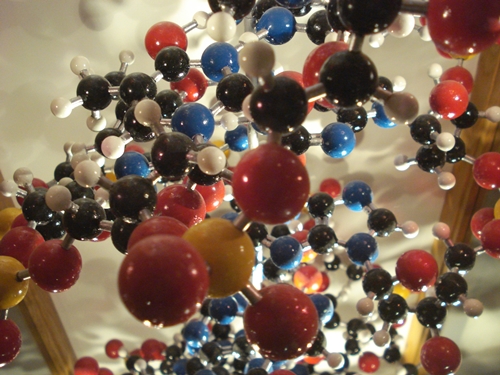13 May 2015. Mayo Clinic and Baylor College of Medicine are beginning a study of 10,000 human genomes to reveal drug safety problems and highlight where drugs may not work for some people. Financial aspects of the collaboration, involving Mayo Clinic’s Biobank and Baylor’s Human Genome Sequencing Center, were not disclosed.
The research aims to learn more about the role of genes in determining drug safety and effectiveness. Baylor’s Human Genome Sequencing Center will sequence the DNA from blood samples stored in Mayo Clinic’s Biobank, concentrating on 69 genes most associated with the metabolism of drugs in the body. Baylor’s researchers will start with 500 cases to refine the process, then expand to the full 10,000 cases.
The Biobank stores blood samples with associated health and lifestyle information of de-identified Mayo Clinic volunteer patients regardless of their health conditions and makes the data available for researchers. Results of the DNA sequencing will then be added to the health records of the individuals taking part in the study.
The findings aim to highlight genomic factors influencing a person’s reaction to drugs, known as pharmacogenomics, and include those findings in health records to warn of possible adverse reactions to drugs. Results of the analysis will also be tracked for an extended period of time to determine if including pharmacogenomic data in health records improves patient care.
Richard Weinshilboum, who heads the pharmacogenomics program at Mayo Clinic calls the study “a huge step toward bringing knowledge of pharmacogenomics into patient care,” in a Mayo Clinic statement. “Most importantly,” adds Weinshilboum, “it has the potential of preventing errors and identifying the most appropriate drugs and individualized treatments for thousands of patients, thanks to research on the human genome.”
A similar study underway at Mayo Clinic is using data from the Biobank to identify genetics factors to help physicians refine their prescriptions to the right drug in the right dose at the right time. The researchers in this study are recruiting 2,000 Biobank participants to provide a new blood sample for analysis to reveal genetic variations affecting drug absorption, activation, and metabolism.
Read more:
- 23andMe, Lupus Institute Partner on Genetics Study
- Collaboration Collecting Data to ID Precise Cancer Meds
- Kaiser Permanente to Study Autism Genetics
- Pittsburgh Alliance Applies Big Data to Health Innovations
- Biogen Idec, Columbia to Partner on Genetics Research
- Genentech, 23andMe to Analyze Parkinson’s Genome Data
* * *


 RSS - Posts
RSS - Posts
You must be logged in to post a comment.